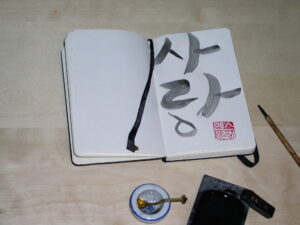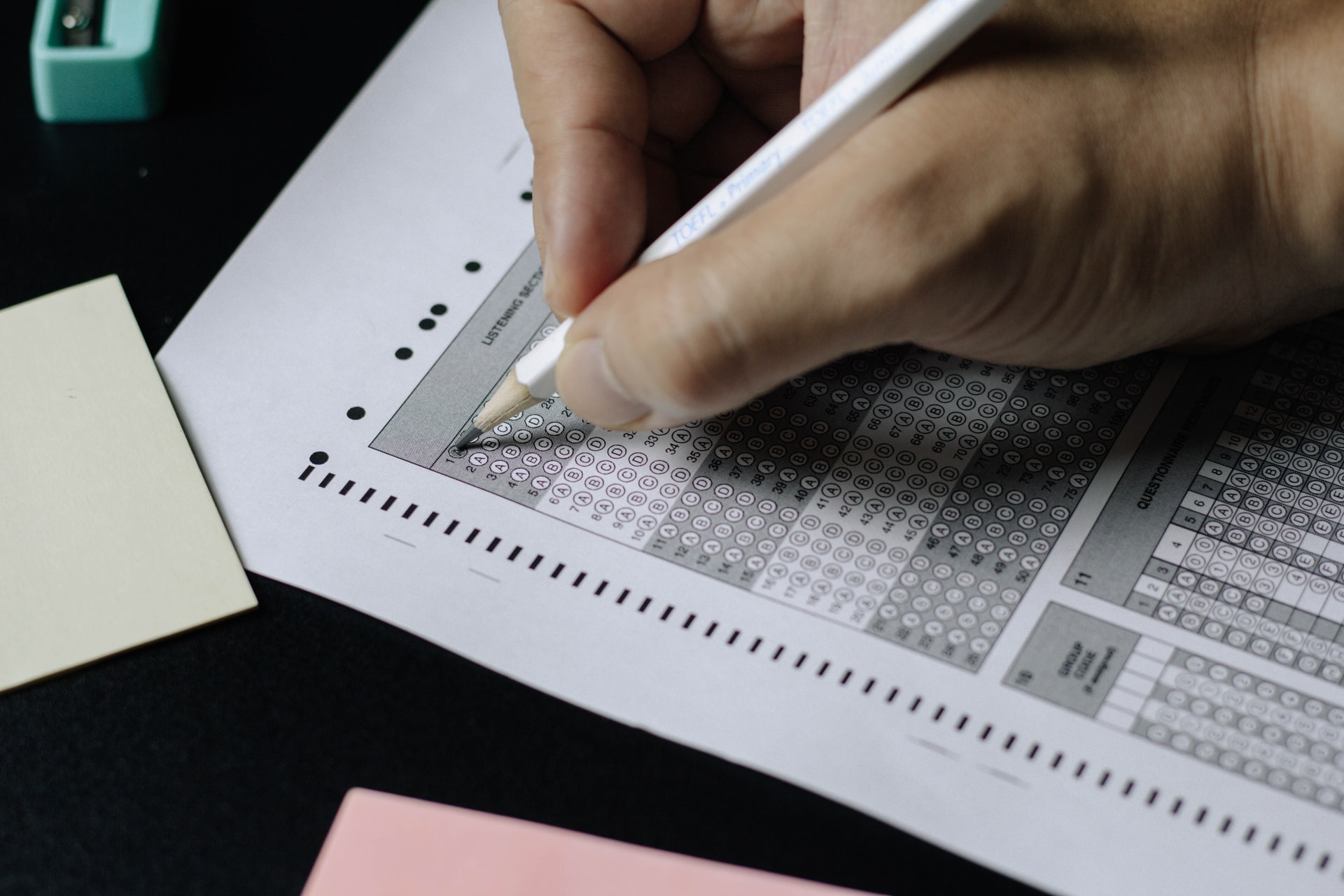You’ve been learning Korean for a while now, and the question is of certifying your proficiency, in a way that will be universally recognised. Enter TOPIK. Test of Proficiency in Korean (TOPIK) is a written test to measure non-native learners’ Korean language skills. It is a universally accepted certification, useful when applying for academic courses, internships, or jobs which require you to know the language.
Structure of TOPIK I
TOPIK has two levels: TOPIK I and II. TOPIK I is the beginner level, which we will be talking about today. This one is for beginners, those who have been learning the language and have a vocabulary between 800 to 2000 words.
TOPIK I is a 100 minute long exam, and consists of reading and listening sections. All questions are multiple choice, with 40 reading questions and 30 listening ones. The listening section has 40 minutes and the other 60 are for students to complete the reading part of the exam. Each section is for a total of 100 marks.
Scoring for TOPIK I
TOPIK I is divided and scored in two levels: 1 and 2. The level awarded depends on your skill level and score. Out of a total possible 200 marks, each level has its own passing marks.
A score between 140 and 200 gets you a TOPIK Level 2 certification. A score between 80 and 139 will get you a TOPIK Level 1 certification. Anything between 0 and 79 means that the student has failed and needs to retake the exam.
 Competency for TOPIK 1
Competency for TOPIK 1
TOPIK I is judged on students’ linguistic competency and comprehension skills.
First of all, you need to know Hangul, the writing system of the Korean language. The exam will be in Hangul, without any English translations given in the exam paper. The good thing is, TOPIK I does not require students to write anything in Hangul since all the answers are multiple choice. So for this exam, being able to recognise, read, and understand Hangul is plenty.
TOPIK Level 1 students are judged on their ability to understand and carry out basic daily conversations, including self introductions, ordering food, purchasing items, etc. Along with this, they must be able to structure and craft simple sentences based on a vocabulary of approximately 800 common words, and have an understanding of basic grammar concepts and rules.
TOPIK Level 2 students are expected to be able to carry out conversations related to making phone calls, asking for help, their daily routines, etc. A Level 2 student should have a vocabulary of around 1500-2000 words and be able to use formal and informal expressions correctly, depending on the context.
Preparing for TOPIK I
After around 80 hours of instructed classes, students are usually ready to successfully complete TOPIK I. At The Oriental Dialogue, we also have a specific preparatory course for students planning to appear for TOPIK. You can attend this course after Level 1 and 2 of Korean at TOD. Mock tests are also available online for students who would like to prepare by themselves.
Fees and exam centres in India
India currently offers the TOPIK exam at 5 centres across the country: Delhi, Chennai, Jharkhand, Manipur, and Hyderabad. The exam is conducted twice a year in India, usually in the months of April and October. Registration is online, through the official TOPIK website.
The fee for TOPIK I in 2021 is INR 800, making it one of the most affordable international certification exams for Indians!
TOPIK scores and certificates are valid for 2 years after completion and any non-native Korean speakers can appear for the exam. Results are usually out online and then sent individually by post a little later.
Have any more questions about TOPIK I? Leave a comment below or get in touch with us for details.



